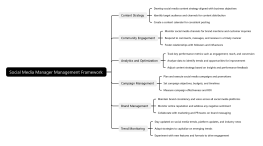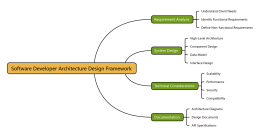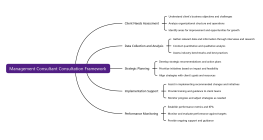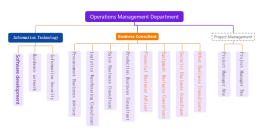
Patient Information Management Framework
0 Report
This mind map outlines a comprehensive Patient Information Management Framework, emphasizing the importance of accurate data collection during patient intake and registration. It highlights the necessity of gathering complete medical histories, demographic data, and insurance information to ensure the accuracy of patient records. The framework includes strategies for organizing and maintaining patient records securely using electronic health record (EHR) systems, while ensuring compliance with HIPAA and other privacy regulations. Data security is a critical component, with measures to protect patient information from unauthorized access, encryption of sensitive data, and regular audits to monitor access logs. The framework also focuses on secure data sharing among healthcare providers, ensuring system interoperability, and obtaining patient consent for third-party information sharing. Patient engagement is encouraged by empowering patients to access and manage their health information through portals for scheduling, lab results, and communication. Additionally, patients are educated about data privacy and security. Regular compliance audits are conducted to ensure adherence to privacy regulations, with prompt and transparent handling of any breaches. Policies and procedures are updated based on regulatory changes and best practices, ensuring a robust and secure patient information management system.
Related Recommendations
Other works by the author
Outline/Content
See more
Data Collection
Collect patient information during intake and registration process
Gather medical history, demographic data, and insurance information
Ensure accuracy and completeness of patient records
Record Management
Organize and maintain patient records in a secure and accessible manner
Use electronic health record (EHR) systems for documentation and storage
Ensure compliance with HIPAA and other privacy regulations
Data Security
Implement security measures to protect patient information from unauthorized access
Encrypt sensitive data and restrict user access based on role and need-to-know
Regularly audit and monitor access logs for any suspicious activity
Data Sharing
Facilitate secure sharing of patient information among healthcare providers
Ensure interoperability of systems for seamless exchange of data
Obtain patient consent before sharing information with third parties
Patient Engagement
Empower patients to access and manage their own health information
Provide patient portals for appointment scheduling, lab results, and communication
Educate patients about the importance of data privacy and security
Compliance and Auditing
Conduct regular audits to ensure compliance with privacy regulations
Address any breaches or violations promptly and transparently
Update policies and procedures based on regulatory changes and best practices
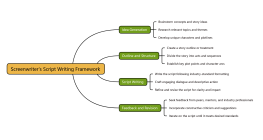
Collect
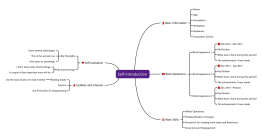
Collect
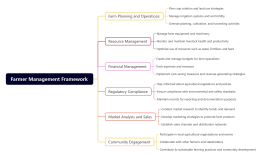
Collect
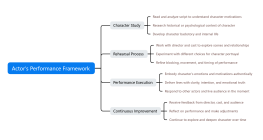
Collect

0 Comments
Next Page
